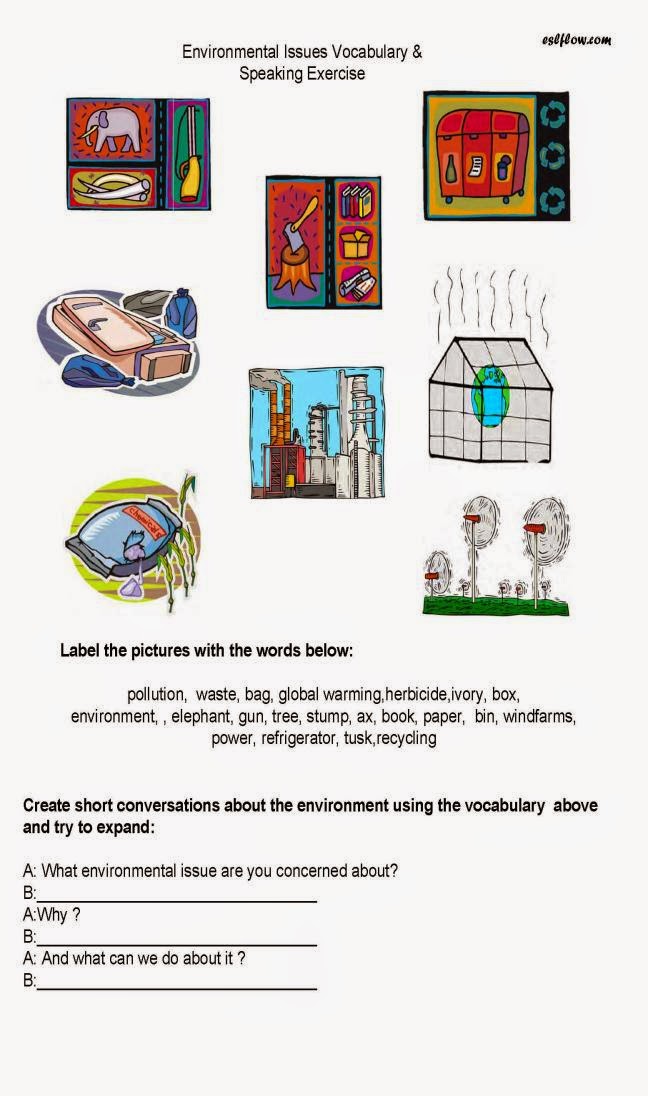ORAL TEST : INTERVIEWING A FAMOUS PERSON
CRISTIANO RONALDO'S ANSWERS TO AN INTERVIEW IN THE BRITISH NEWSPAPER THE TELEGRAPH
1. "I love Manchester,"
2. "Everyone knows that".
3. "Manchester is in my heart.
4. "I left many good friends there"
5. "The supporters are amazing and I wish I can come back one day."
6. About Falcao: "He is a very good player"
7. "I think United did very well,"
8. "He will be a fantastic buy".
9. "United have not started well"
10. "they need quality players"
11. "And Falcao is a quality player."
12. About Button: “Honestly, I never realised that a guy could go so fast,”
13. “It was a fantastic rush".
14. "I’ll be training hard in the morning and I know that won’t feel tired"
15. "I’ll still have the adrenalin in my body.”
16. About Real Madrid: “Well, it was a fantastic year,”
19. “We won the Champions League"
20. "It's the trophy that Real Madrid had been looking for a lot"
21. "we’re going to try to do the same"
22. "we're going to win the Champions again"
23. "we're going to win La Liga"
24. "And in terms of individual achievements I’m going to try to break my own records".
25. "I know it’s tough, but I’m going to try.”
26. About the World Cup: “It was difficult, and it was a long, long season, many games"
27. "At the World Cup we didn’t have the best experience: we lost to Germany."
28. "We tried hard, but there were too many injuries to important players.”
NOW, LET'S TO REPORT ALL THESE STATEMENTS INTO REPORTED SPEECH.



